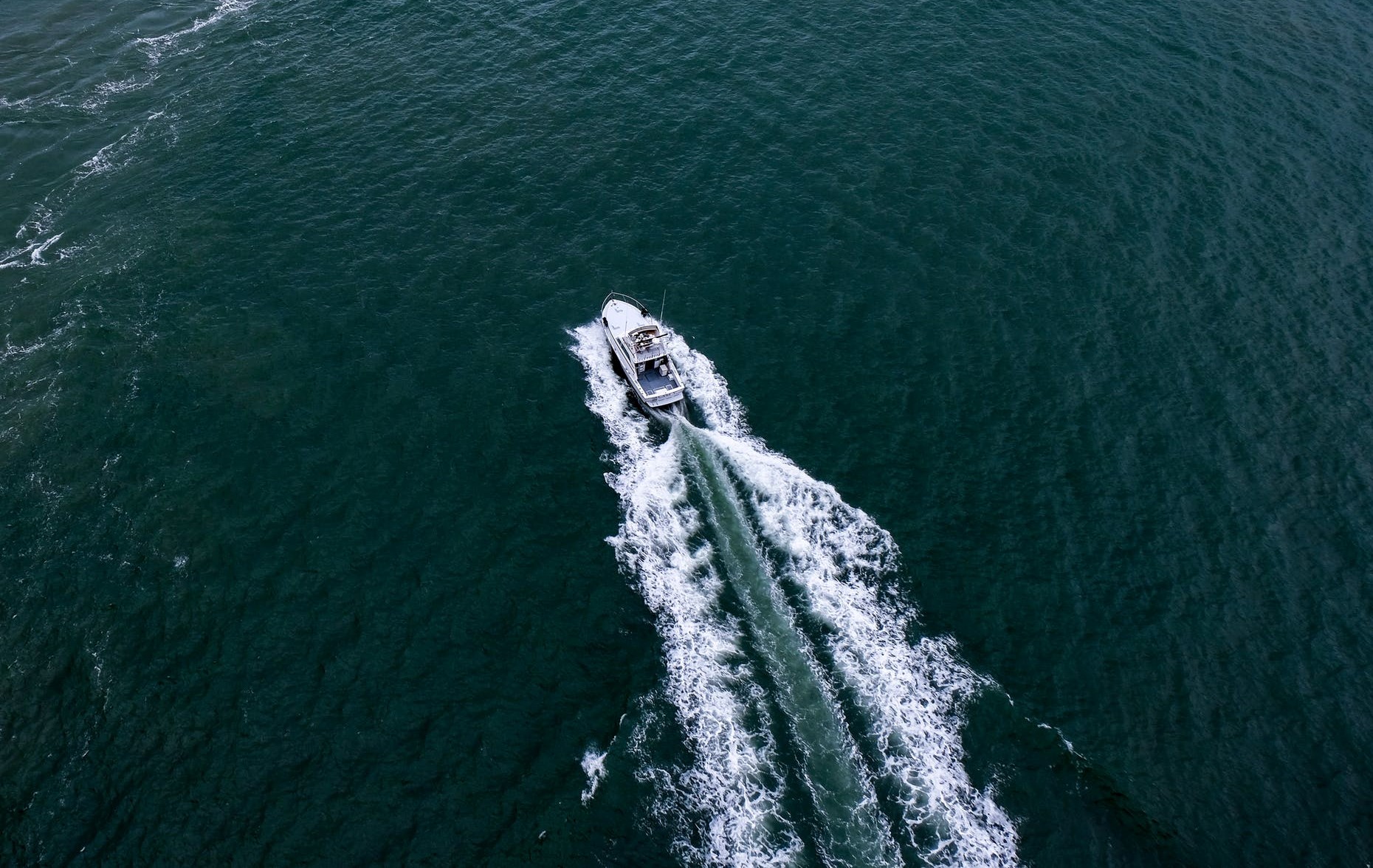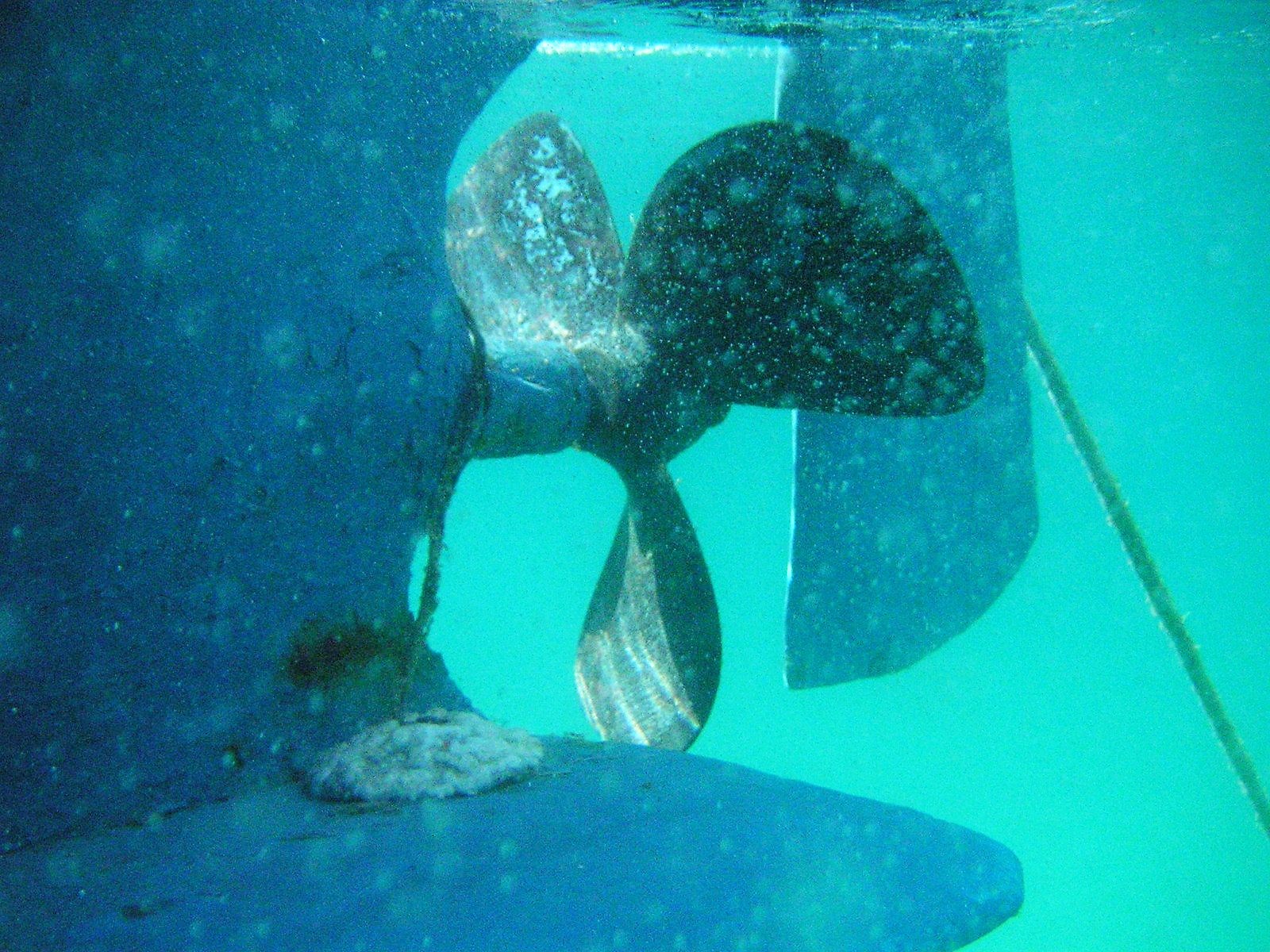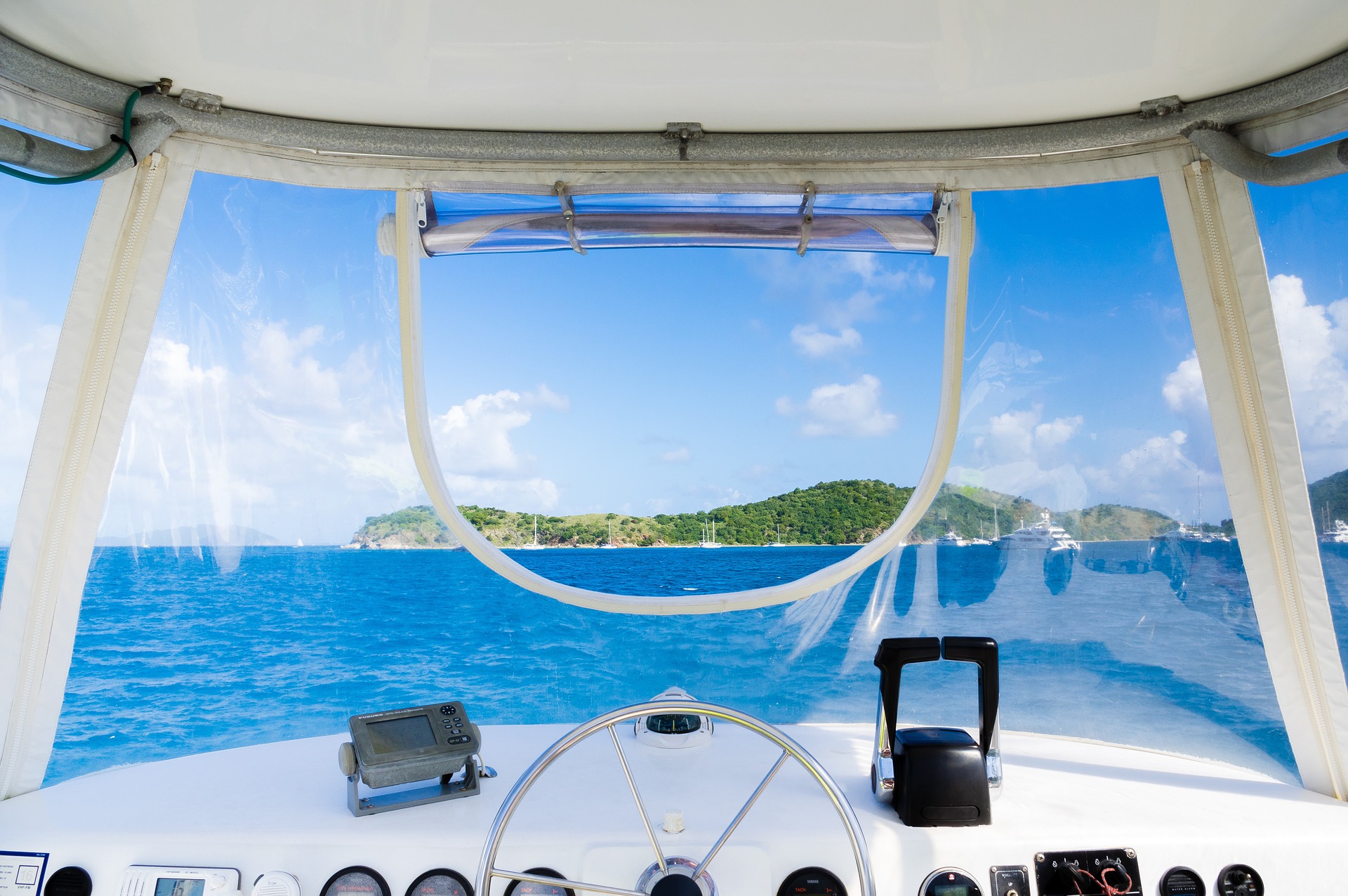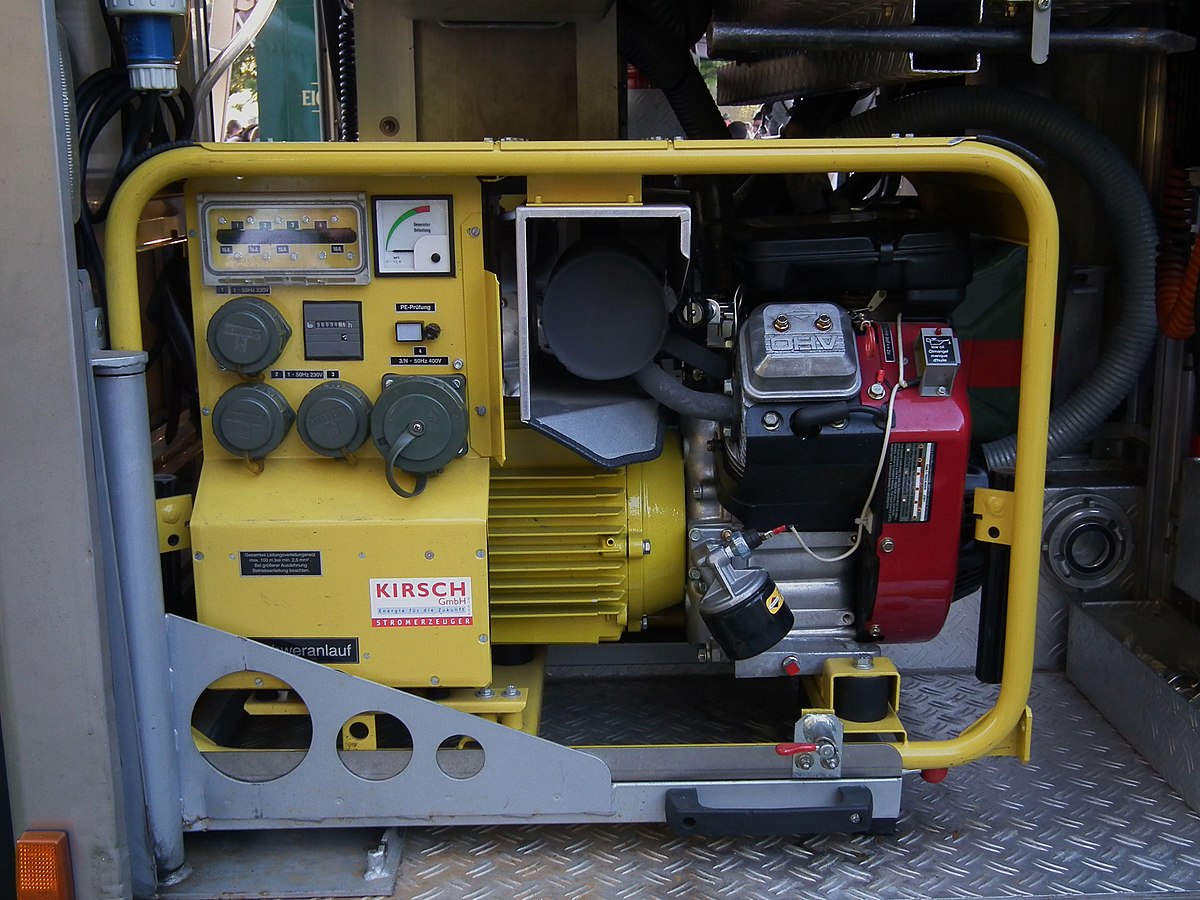
Generators are an essential part of a boat’s power system. They allow you to have all the comforts of home while cruising or enjoying time on the water. But with so many different types and sizes of generators available, it can be difficult to know which one is right for you. To make sure that you get the most out of your generator purchase, follow these tips:
WHAT IS A BOAT GENERATOR?
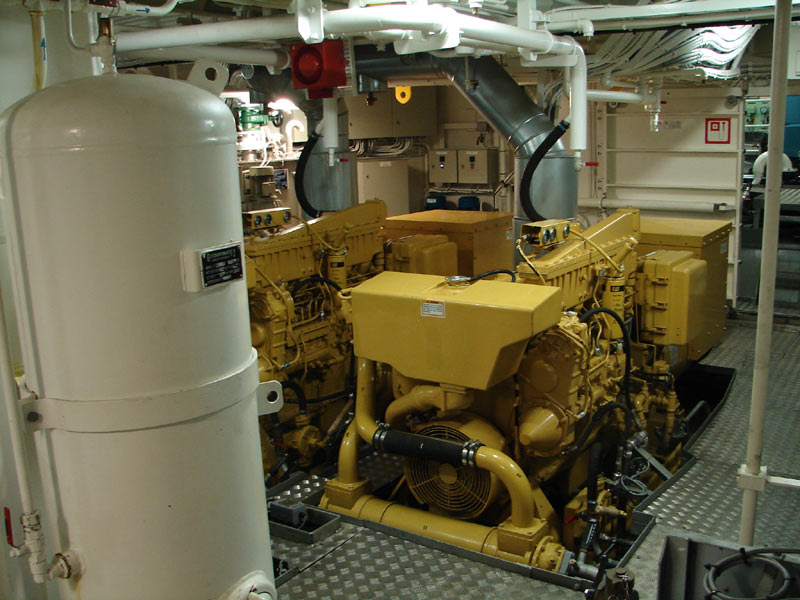
For starters, marine generators are used to power appliances. Since your boat’s battery is not sufficient to power huge marine appliances such as; refrigerators, air conditioners, water heaters, television, and other kitchen appliances, boat generators help get them working. It is usually a gasoline, diesel, or propane-powered generator and is used as a backup power source or to provide power when the boat is not connected to shore power. A boat generator is typically mounted in an engine room or other enclosed space to reduce noise and vibration.
WHY DO YOU NEED A BOAT GENERATOR?
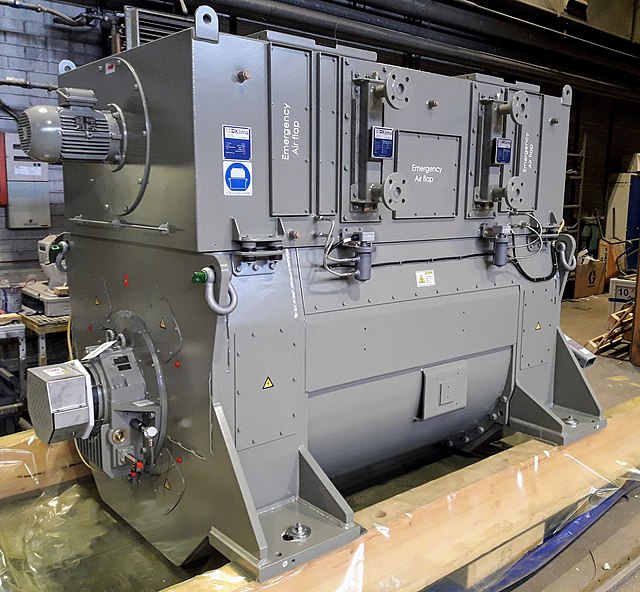
Having a boat generator has plenty of advantages, here are some of them:
- Enjoy the luxuries of home on your boat– if you’re planning to go on a boating trip for days, boat generators can set your mind at ease. You can do activities such as watching movies, cooking your favorite meals using an electric stove, reheating your packed meals using a microwave, and enjoy cold drinks from your mini-fridge.
Can be used as a backup power – there are instances where boat batteries can have a problem. An emergency generator can be a huge help as backup power for your boat and avoid unwanted incidents like being stranded in the sea.
WHAT ARE THE TYPES OF BOAT GENERATORS?
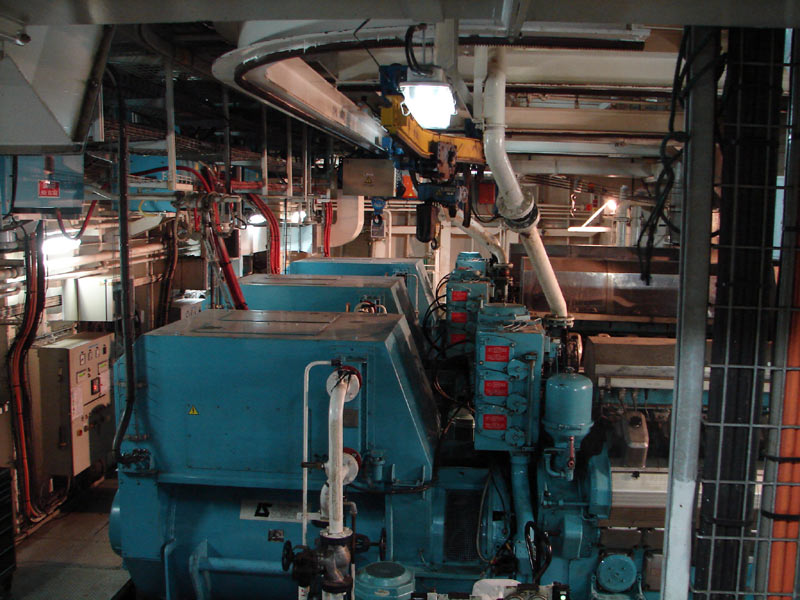
There are two main types of marine generators that you can use; diesel-powered generators and gas-powered generators. The following are their differences:
| Pros | Cons | |
| Gas Generators | -Cost-effective -Readily available -Environmentally friendly -Quiet operation | -Supply disruptions -Emits carbon dioxide -Explosive fuel |
| Diesel Generators | -Fuel efficiency -Long lifespan -Safest choices -Fewer maintenance needs -Stable power supply -Convenient installation | -More expensive -Quite noisy -Expensive repairs -Environmental concerns -Limited fuel -Volatile fuel prices |
WHAT SIZE GENERATOR DO I NEED FOR MY BOAT?
First things’ first: you need to understand your power needs.
- Calculate the total wattage of all your appliances. This includes lights, electronics and other non-essential equipment that draws electricity when plugged in (like televisions).
- Calculate the wattage of each appliance individually. For example: A microwave uses about 1,500 watts; a refrigerator pulls about 600 watts; a 32-inch LCD TV uses about 150 watts when turned on and 50 watts when turned off; an electric heater draws 1,500 watts at full blast but only 500 if set at medium heat level–and so on!
Marine Generators For Small Sized Boats (vessels under 20′ in length)
Small generators (5-8 kW) from small boats can power a mini fridge for your drinks, portable gasoline (lighter than 50 pounds) for your cooking, sound systems, and other small appliances. You can also use these small unit generators for safety and emergency purposes like charging your boat’s battery.
Marine Generators For Medium Sized Boats (vessels between 30’ to 39’ in length)
Medium boat generators (10-25 kW) can usually produce the same power that you use in a small home. Appliances such as refrigerators, electric stoves, air conditioning, and television can run normally and can operate all at once.
Marine Generators For Large Sized Boats (vessel 39’ and up)
Most large boats (30 kW and up) have galleys containing cooking appliances like ovens, microwaves, electric stoves, chillers, and of course, a refrigerator.
If you have a large generator on your boat, you can experience a homey vibe since it can make a lot of your home appliances useful.
HOW MUCH IS A GENERATOR?
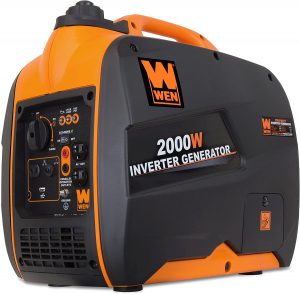
High-quality boat generators usually cost from $400 to $15,000, here are some top boat generators that you might want to check out:
- WEN 56200i – 2000-Watt Gas Powered Portable Inverter Generator ($401.48)
- Generac 7127 iQ3500 – 3500 Watt Portable Inverter Generator ($1,006.98)
- Honda Power Equipment EB2800i – 2800W 120V Inverter Portable Gas Generator ($1,699.95)
- iGen2500 Inverter Generator – 2500 Peak Watts and 2200 Rated Watts ($679.00)
- Westerbeke 5.0 MCGA – 5.0kW, 60 Hz low-CO Gas Generator ($10,800)
HOW EASY IS IT TO INSTALL A MARINE GENERATOR?
If you’re buying a portable generator, installation is relatively simple (and by simple, we mean there really is no installation. If you’re buying a permanently mounted generator then installation becomes quite a bit trickier – it’s possible as a DIY job but many outsource it to a marine mechanic. If you’re looking to do it yourself, here are some general tips:
- Determine the power needs: Calculate the amount of power you will need to run all the appliances and equipment on your boat. This will help you choose the right generator for your needs.
- Choose a location: Choose a location for the generator that is accessible, well-ventilated, and protected from the elements.
- Mount the generator: Mount the generator to the boat, making sure it is securely attached and properly aligned.
- Connect fuel and exhaust: Connect the fuel and exhaust systems to the generator, ensuring that all connections are secure and leak-free.
- Install electrical wiring: Install electrical wiring to connect the generator to the boat’s electrical system. Make sure that all wiring is properly connected and that there are no loose connections.
- Test the generator: After everything is connected, start the generator and run it for a few minutes to test it. Check for any problems, such as leaks or electrical issues.
CONCLUSION
Though you can go boating even without a generator having one can still help you last on your long weekend trips. Just make sure that you’ll pick the right size and type that will fit your boat.
What size and type of boat generator will you be using? Comment below.
